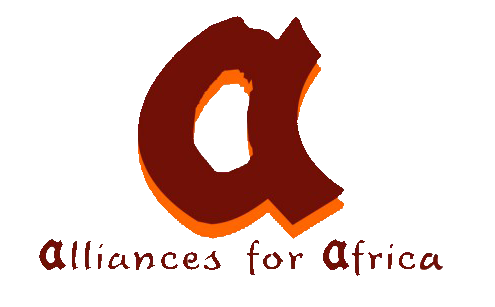International Day of Peace 2022: ‘We have to give Peace a chance in Nigeria!
The International Day of Peace (“Peace Day”) is observed around the world each year on the 21 September. Established in 1981 by unanimous United Nations resolution. Peace Day provides a globally shared date for all humanity to commit to Peace above all differences and to contribute to building a Culture of Peace.1
The United Nations Assembly observes this worldwide occasion on September 21 to encourage the ideals of peace among nations and people by observing a 24-hour period of nonviolence and a ceasefire. The theme of this year’s commemoration, however, is “End Racism. Build Peace.”
It is a day dedicated to the cessation of hostilities and the promotion of peace issues through education and public awareness.
Due to the numerous ethnic groups, Nigeria faces a variety of multifaceted challenges to sustaining peace. Home to about 250 diverse ethnic nationalities, the country is troubled by religious, ethnic, herders/farmers clashes, a high unemployment rate, isolated incidents of violence, kidnappings, communal conflict, and resource control.
Large resources and benefits from oil wealth does not reflect on the lives of the people. Allegiances to ethnic groups come first before the Nigeria state. Resource control agitations in the Niger Delta have given birth to various militia groups. The rise of vigilante groups, separatist groups, and the Boko Haram threatens the hard-earned democracy, growth and development and the coexistence of Nigeria as a nation. Unfortunately, democracy that seems to be a dream come true is fast turning a nightmare.2
According to a report by Nigeria’s Oge Onubogu to the United States Institute of Peace, peace in Nigeria will require accountable governance as repeated inadequate responses by governments have disillusioned Nigeria’s citizens.
She posits that, Nigerian leaders—and international organizations trying to support the country’s development—need to reinvigorate and sustain a focus on getting governance right. That means ensuring better mechanisms of accountability for top officials and reducing corruption and other abuses that fuel violence, Implementation of Nigeria’s federal governing structure, Reform of Nigeria’s security structure. As failure will only increase internal instability that will radiate across Nigeria’s borders and threaten regional and global security.3
The value of peace in any society is evident. Without peace, no nation or individual can progress. Peace and order are necessary for economic development, social order, and political stability. A peaceful and orderly environment promotes investment growth and creates more job opportunities. Only in a peaceful environment can humanity achieve greater heights.
However, the Nigerian government must expedite efforts to address issues that threaten the country’s long-term peace and development, address complaints of marginalization, and ensure equitable distribution of resource control to the benefit of all.
The establishment of mechanisms to defuse conflict and settle issues amicably, as well as an extensive overhaul and reform of the Nigerian security structure, are obligations of the leaders.
By doing this, we can create societies where everyone has the freedom to thrive!
References





Leave a Reply
Want to join the discussion?Feel free to contribute!